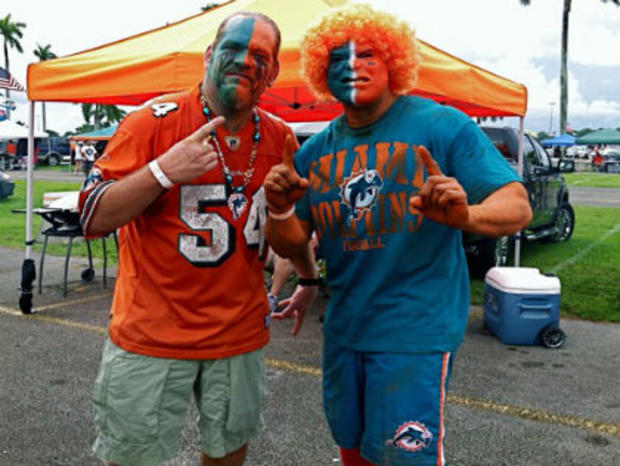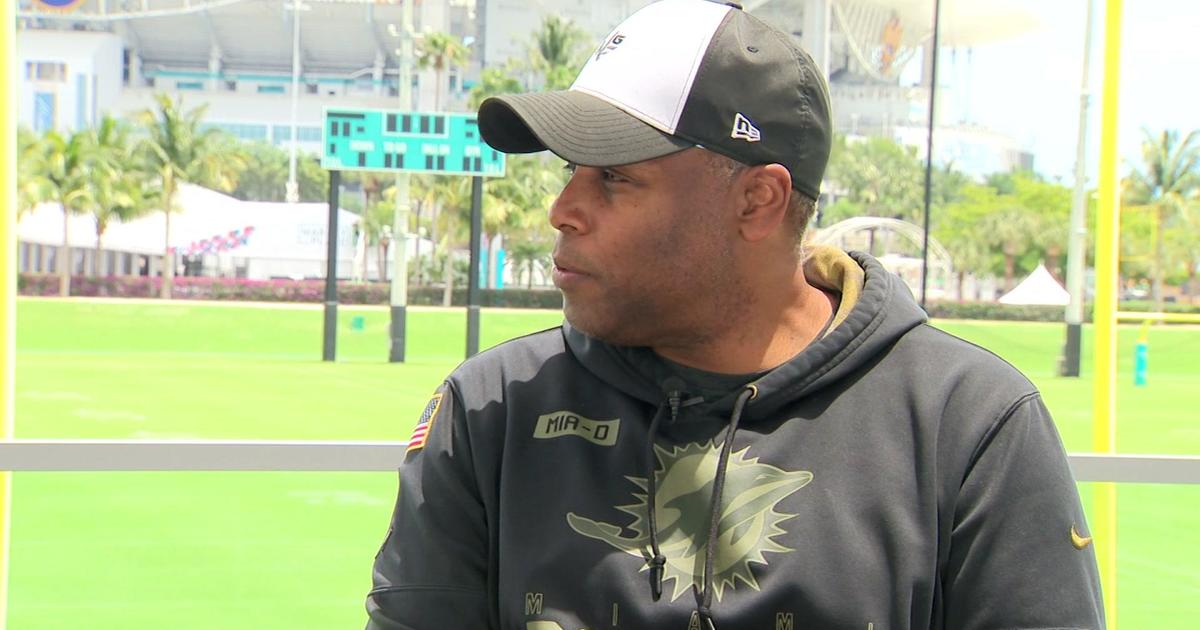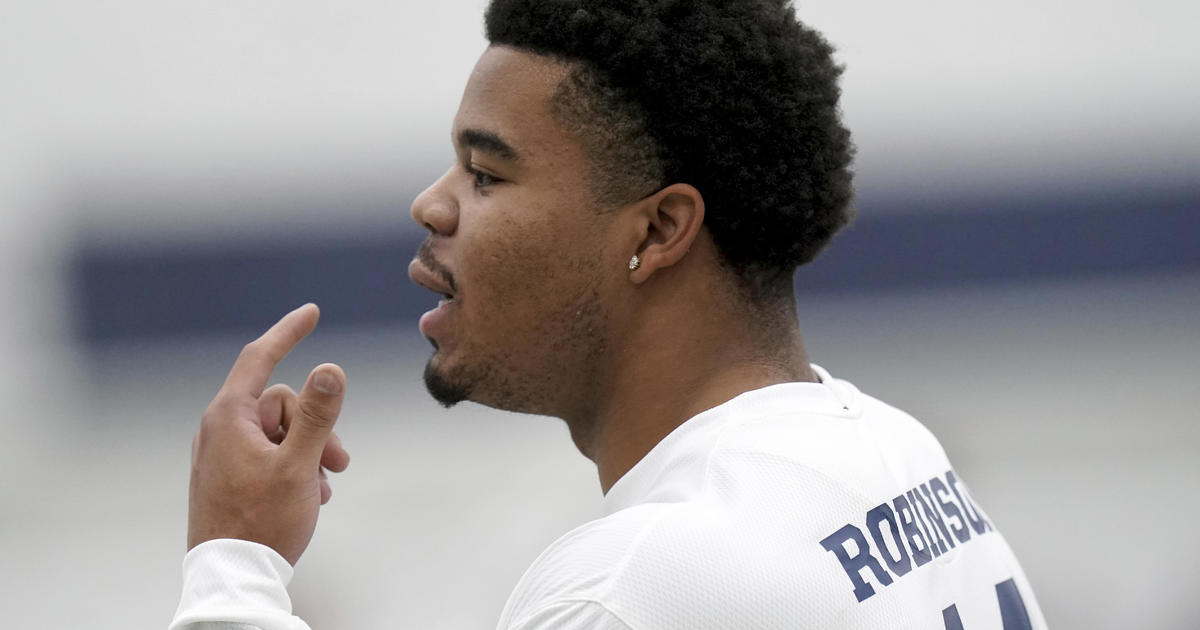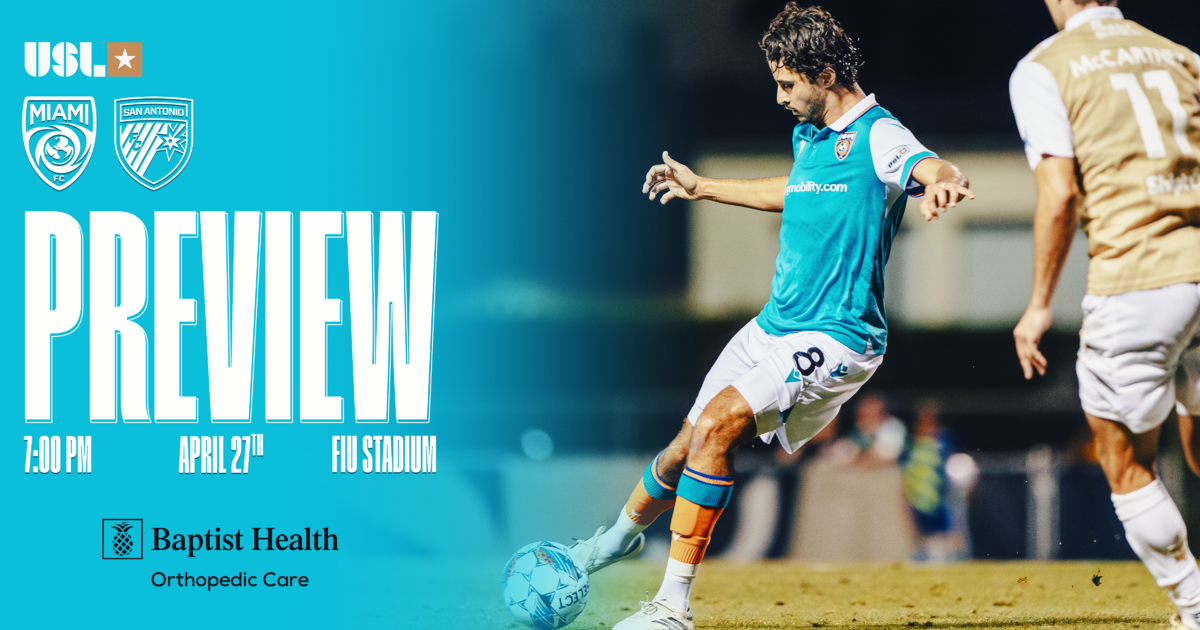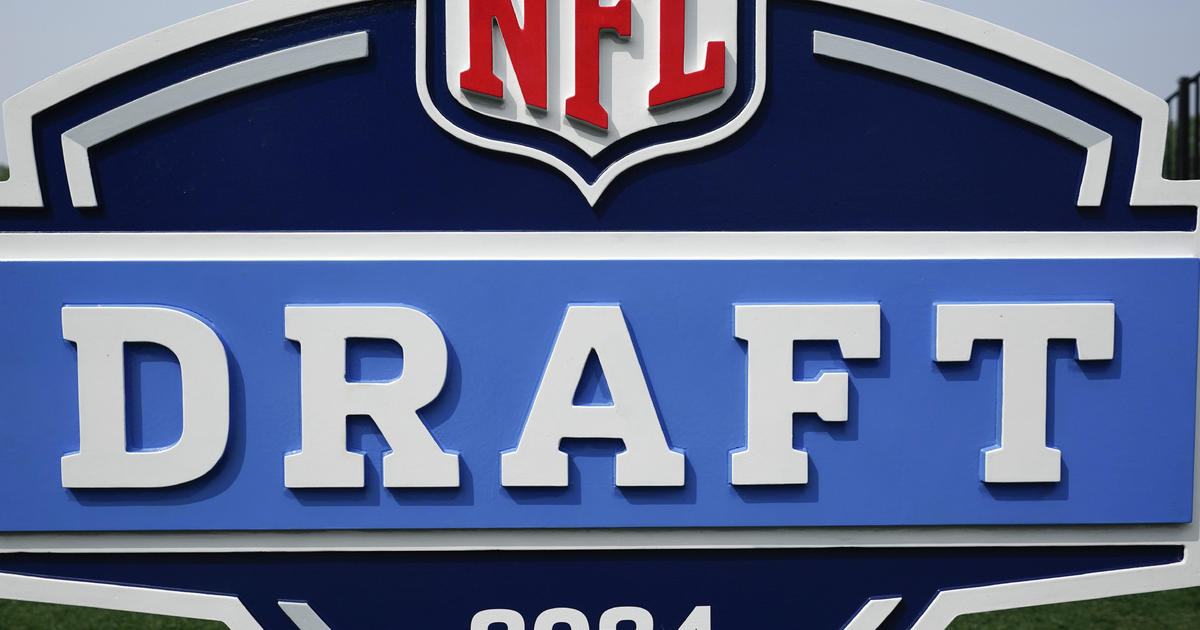History of Tailgating in Miami
The Miami Dolphins' story began as a dream deferred. In 1946, the Miami Seahawks dashed the dreams of a Miami professional football team when they went bankrupt in one year and became the Baltimore Colts. Meanwhile, Miami waited until 1966 for their next pro football team, the Miami Dolphins. They began in the American Football League (AFL) but soon joined the NFL in 1970 when the two leagues merged. Their home field was the Orange Bowl which they shared with the University of Miami. Don Shula, who began his career with the Baltimore Colts, became the 'Fins new head coach and in 1972, lead the Dolphins to The Perfect Season. They won all of their games and took home Super Bowl VII and Super Bowl VIII the following year.
The glory days continued in 1983 when a bright, young star named Dan Marino ascended to the quarterback position and reignited Dolphin fever. Marino led the 'Fins to Super Bowl XIX in 1985 but ultimately failed to win. Still, Marino's poise and pure talent had set the Magic City on fire.
The fandemonium continued in 1987 when Dolphins owner, Joe Robbie, spearheaded building the Dolphins their own stadium on 160 acres of land in Miami Gardens. The stadium was given Robbie's namesake and made history as the first stadium to be independently financed due mostly to fans committing to 10-year contracts for skyboxes and club seats in exchange for exclusive amenities.
It wasn't until 1993 that the Dolphins would get another roommate. In 1990, Robbie sold a 50-percent stake in the stadium to Blockbuster Video entrepreneur Wayne Huizenga, enabling Huizenga to start his his own crusade, bringing Major League Baseball (MLB) to South Florida. The Florida Marlins baseball team was approved and Huizenga began renovating Joe Robbie Stadium in preparation. He installed retractable seating, a baseball pressbox and dugouts, new lights and a hydraulics-powered disappearing pitcher's mound. The Marlins remained there until 2012 when they opened their own ballpark, Marlins Park. Huizenga consequently bought the remaining stock in the Dolphins franchise and became a full owner. He sold the naming rights to Pro Player, a division of Fruit of the Loom, in 1996.
The years, however, were not kind to the Dolphins. Despite the fans' love for Marino, he was unsuccessful at obtaining the coveted Super Bowl title and retired in 1999. Shula retired four years prior and former Dallas Cowboys coach, Jimmy Johnson, took the reigns. He remained head coach for only three seasons starting the coaching and quarterback carousel as the Dolphins struggled to rebrand themselves. They would go through seven coaches and 17 quarterbacks from 2000 to 2012.
Pro Player Stadium also struggled to redefine itself. It went through several name changes and even acquired a new owner. In 1999, Fruit of the Loom filed for bankruptcy and the stadium name was changed to Dolphins Stadium in 2005. A year later, the name and logo changed again to Dolphin Stadium. Between 2008 and 2009, New York real estate tycoon Stephen M. Ross became a 95 percent Dolphins majority owner and with the help of Florida Keys icon Jimmy Buffet, they renamed the stadium Landshark Stadium. Buffet even provided the team with a re-worked fight song entitled "Fins." The song remained but the name change lasted less than a year since Landshark's naming rights did not include the 2010 Pro Bowl and Super Bowl XLIV, both of which where held at the stadium. Sun Life Financial bought the naming rights and Landshark Stadium became Sun Life Stadium in 2010.
Currently, the Dolphins are under the leadership of Coach Joe Philbin and quarterback Ryan Tannehill. The Sun Life Stadium name remains and the workers are busy preparing for the 2013 Discover Orange Bowl and the 2013 BCS National Championship game. The University of Miami, once again, shares the stadium with the Dolphins.
Check out Tailgate Fan to keep the party going at tailgatefan.cbslocal.com.
Niema Hulin moved to Miami after graduating from the University of Florida. Since then, Niema has worked in film, television and commercials as a Production Assistant and Production Coordinator. Some of her films have included Bad Boys II and I Am Number IV. Her work can be found at Examiner.com.
